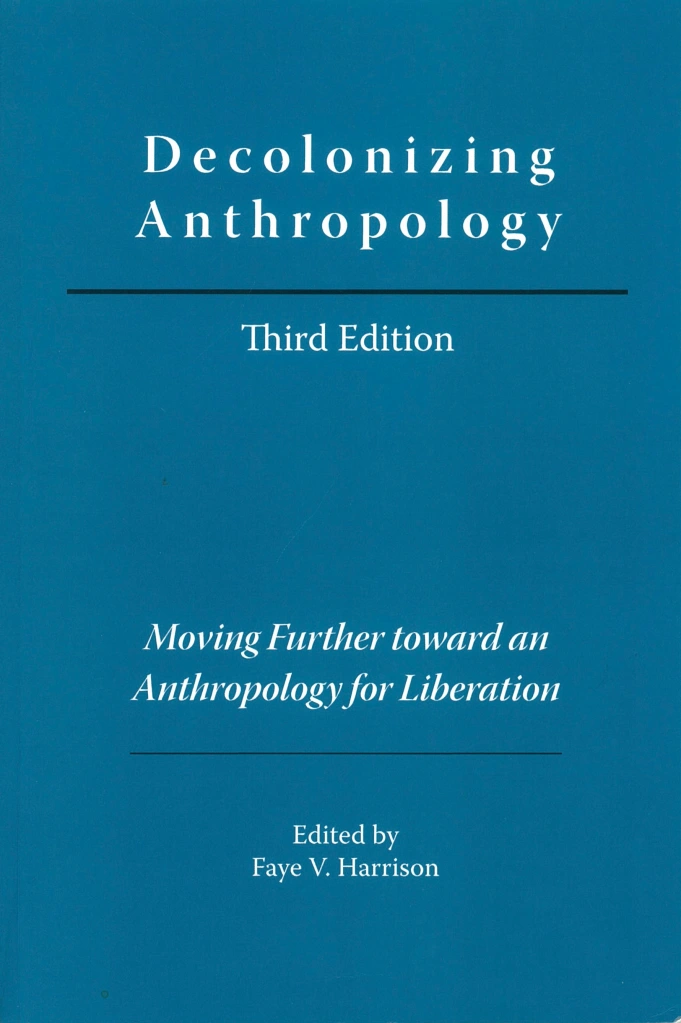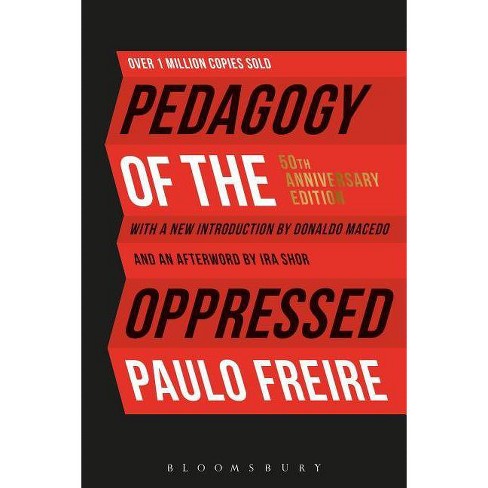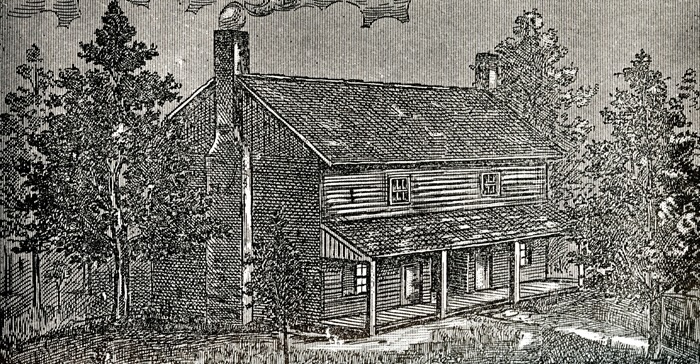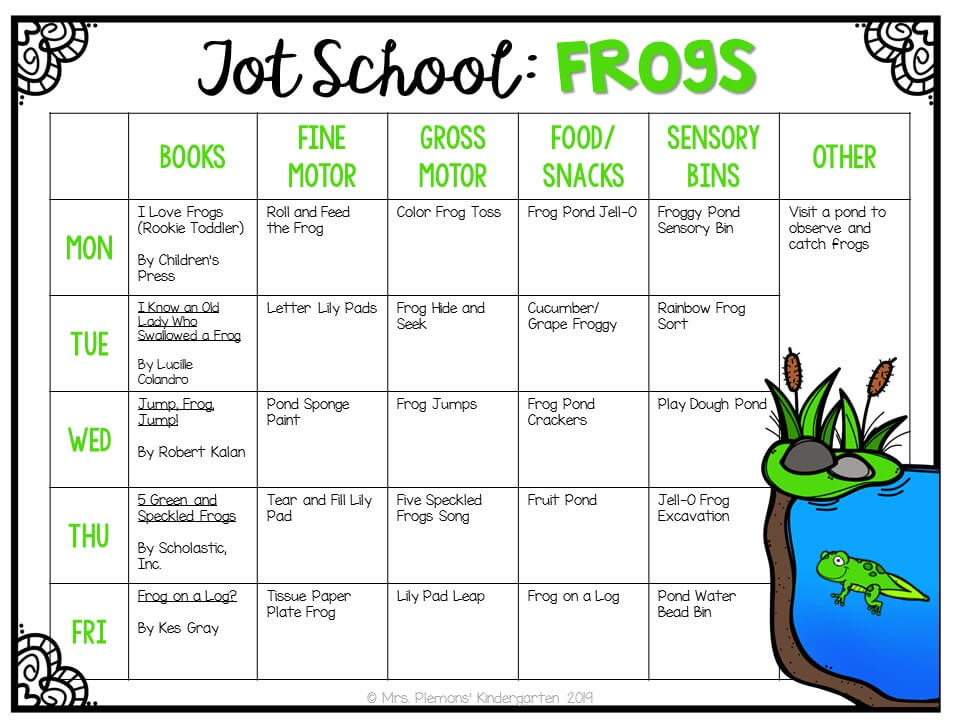2021 marks the fourth year I have taught Anthropology for Liberation, an undergraduate course in the Cultural Anthropology Programme at Te Herenga Waka-Victoria University of Wellington. The course is inspired by three influential books: Each year I revise the...
2021 marks the fourth year I have taught Anthropology for Liberation, an undergraduate course in the Cultural Anthropology Programme at Te Herenga Waka-Victoria University of Wellington. The course is inspired by three influential books:
Each year I revise the course and change the readings. This year I took a new approach: I moved journal articles, book chapters (including chapters from the books above), and other relevant resources to �recommended reading� status, and set four books as required reading.
Why would I assign four books when we know that �up to 80% of uni students don�t read their assigned readings?� Two reasons:
To slow down
My first reason is a response to feminist calls for �slow scholarship� (Mountz, Bonds, Mansfield, Loyd, Hyndman, Walton-Roberts, Basu, Whitson, Hawkins, and Hamilton 2015; O�Neill 2014). In our first lecture I explain that slow scholarship is a bit like the slow food movement in that it calls for academics (and everyone involved with tertiary institutions) to slow down, resist the fast-paced demands of the neoliberal university, and demonstrate our commitment to good scholarship, teaching, service, and a collective feminist ethics of care. As Alison Mountz et al (2016) write:
�Slow scholarship is a way of making visible all of the work of academia that has been rendered invisible, the work not accounted for in metrics designed to evaluate our worth: the reading, the agonizing over writing, the teaching preparation, the mentoring of fellow faculty and students, the outreach to community partners, as well as the failures (grants not received, papers never published) that are never accounted for.�
The approach to anthropology that we take in this class means that we need to be thoughtful, reflexive, and deliberate in everything we do. I draw attention all of the work that goes into a course � theirs and mine � and how most of it takes place outside of the classroom. (Our university expects students to spend 14-16 hours per week on this course, and it can be an interesting exercise to ask students where the course is, given that we only spend 2-3 hours per week together in lectures and tutorials.)
Reading four books might not feel like slowing down, especially as we work through 3-4 chapters every week (our 12-week term = three weeks per book). However, dwelling on a book allows for a different, slower method of engagement with each text, compared with reading the same number of journal articles or individual book chapters from different sources.
To practice �close reading�
My second reason comes from seeing the success my colleague Grant Otsuki has in his classes, where he does a close reading of texts in class with students. Grant recommended an excellent article by Joe Dumit called �How I read,� where he outlines a mode of reading that is close, constructive, positive, generous, slightly genealogical, methodological in focus, and ethical (Dumit 2012):
Close�reading means that I attend to the specifics of the text.� I am interested in how a text as a text makes arguments.� What specific modes of writing, grammars, uses of words, modes of characterizing others, and of characterizing others� arguments are used.� I bring up the author�s other works as part of a general context of the kinds of problems being addressed but am committed to figuring out how to find these problems within the text, even if this means reading across a number of pages for a small number of passages.� My aim here is to locate the textual basis for making a claim about what the text is doing.� Hence my predilection for comments about the method of the text within the text.� A�general�reading I would (perhaps unfairly) characterize as one that sees a text as an instance of something that transcends it (the author�s intention, oeuvre, the times, etc., see Foucault�s �What is an author?�).
Joe Dumit, �How I read�, 2012I start our close reading sessions by introducing the author(s); who they are, where they are from, what their research interests are, and so on. Then we move into a series of questions:
What is their positionality in this book?What are their politics/ethics?What is this book�s central argument? What is the author�s aim in writing this book? Are the two the same?How is the book structured? Is there a central organising metaphor, for example?What ethnographic methods does the author use?What is their theoretical argument?What is their style of writing?What scholarly literature are they engaging with? What else counts as knowledge?What kind of knowledge is being produced through this book? What intervention are they seeking to make (e.g., to anthropology, to West Papua)?�After that I will focus on the book by discussing a paragraph, following an idea as it appears throughout the book, or sometimes going through a section sentence by sentence.
More recently I have been inspired by #collabrary, a project by Max Liboiron and Deondre Smiles, that involves reading with reciprocity, accountability, and generosity, and posting short literature reviews on Twitter. I highly recommend reading Liboiron�s blog post, �#Collabrary: a methodological experiment for reading with�reciprocity.� Liboiron�s book Pollution is Colonialism (2021) is on the list of books students can choose to read for one of their assignments � an Anthropology Book Club Kit � which I might write about in another blog post.
Books we read in 2021
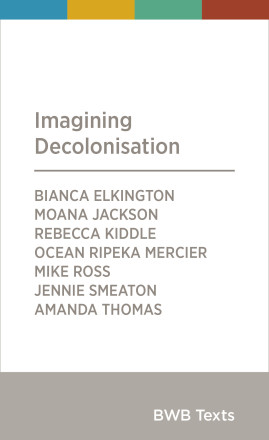

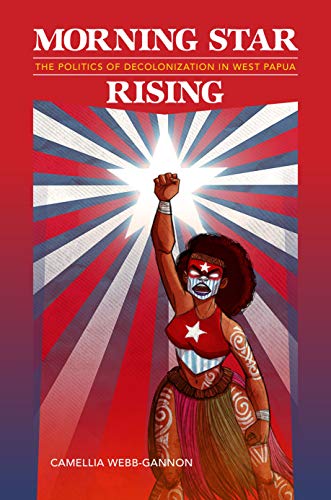

Books from left to right:
Kiddle, Rebecca, Bianca Elkington, Moana Jackson, Ocean Ripeka Mercier, Mike Ross, Jennie Smeaton and Amanda Thomas. 2020. Imagining Decolonisation. Wellington: Bridget Williams Books.
Walker, Ranginui. 2004. Ka Whawhai Tonu Matou: Struggle Without End (revised edition). Auckland: Penguin.
Webb-Gannon, Camellia. 2021. Morning Star Rising: The Politics of Decolonization in West Papua. Honolulu: University of Hawai�i Press.
Reese, Ashant�. 2019. Black Food Geographies: Race, Self-Reliance, and Food Access in Washington, D.C. Chapel Hill: University of North Carolina Press.
References
Dumit, Joseph. 2012. �How I read.� https://dumit.net/how-i-read/
Freire, Paulo. 1996. Pedagogy of the Oppressed. London: Penguin.
Harrison, Faye Venetia (ed). 2010. Decolonizing Anthropology: Moving Further Toward an Anthropology for Liberation (third edition). Arlington, VA: Association of Black Anthropologists, American Anthropological Association.
Liboiron, Max. 2021. �#Collabrary: a methodological experiment for reading with�reciprocity.� https://civiclaboratory.nl/2021/01/03/collabrary-a-methodological-experiment-for-reading-with-reciprocity/
Liboiron, Max. 2021. Pollution is Colonialism. Durham: Duke University Press.
Mountz, Alison, Anne Bonds, Becky Mansfield, Jenna Loyd, Jennifer Hyndman, Margaret Walton-Roberts, Ranu Basu, Risa Whitson, Roberta Hawkins, Trina Hamilton, and Winifred Curran. 2015. �For Slow Scholarship: A Feminist Politics of Resistance Through Collective Action in the Neoliberal University.� ACME: An International Journal for Critical Geographies 14 (4): 1235�59. https://www.acme-journal.org/index.php/acme/article/view/1058
Mountz, Alison, Anne Bonds, Becky Mansfield, Jenna Loyd, Jennifer Hyndman, Margaret Walton-Roberts, Ranu Basu, Risa Whitson, Roberta Hawkins, Trina Hamilton, and Winifred Curran. 2016. �All for slow scholarship and slow scholarship for all.� https://www.universityaffairs.ca/opinion/in-my-opinion/slow-scholarship-slow-scholarship/
O�Neill, Maggie. 2014. �The Slow University: Work, Time and Well-Being.� Forum Qualitative Sozialforschung / Forum: Qualitative Social Research 15 (3):�Art. 14. https://www.qualitative-research.net/index.php/fqs/article/view/2226/3697
Smith, Linda Tuhiwai. 2012. Decolonizing Methodologies: Research and Indigenous Peoples (second edition). London: Zed Books.



